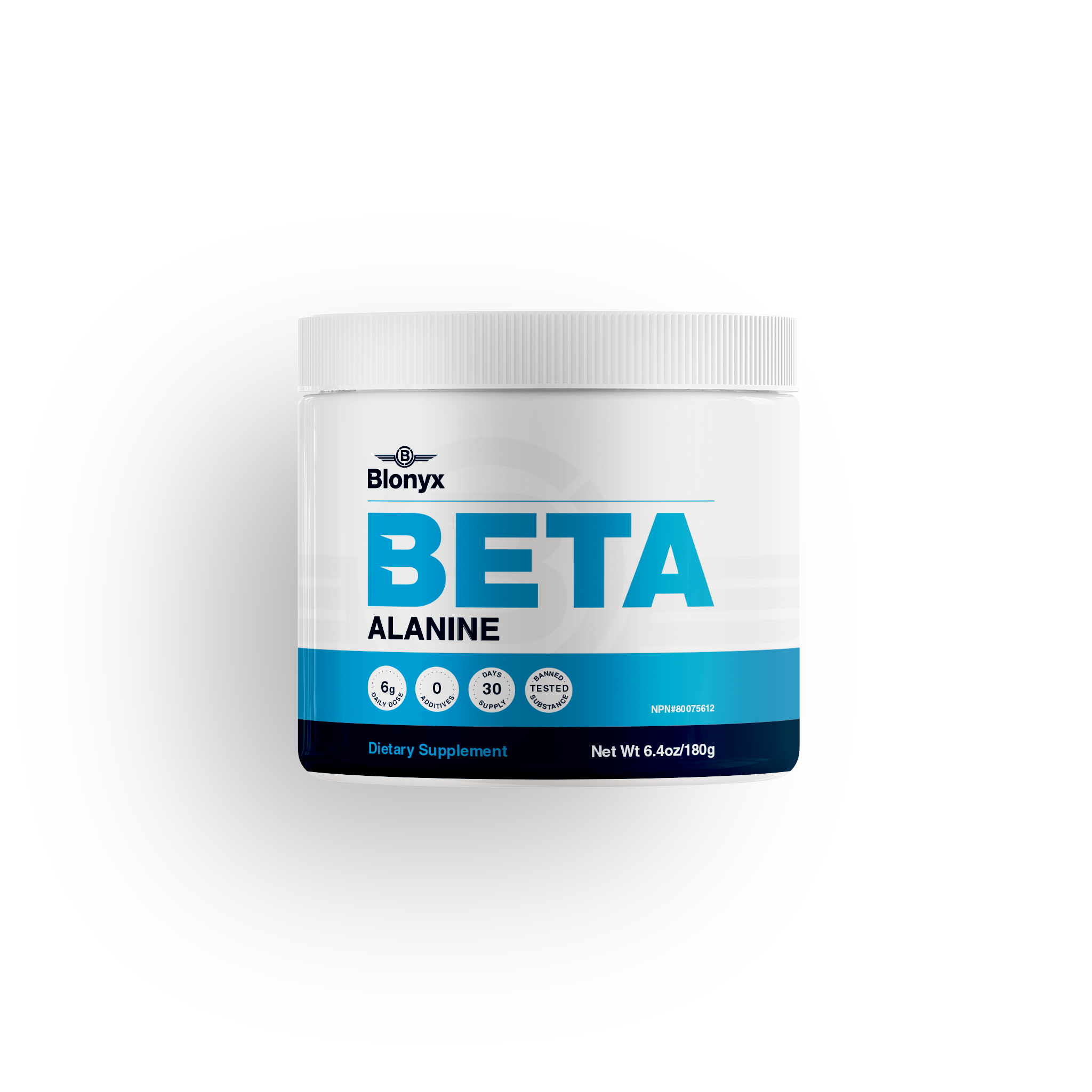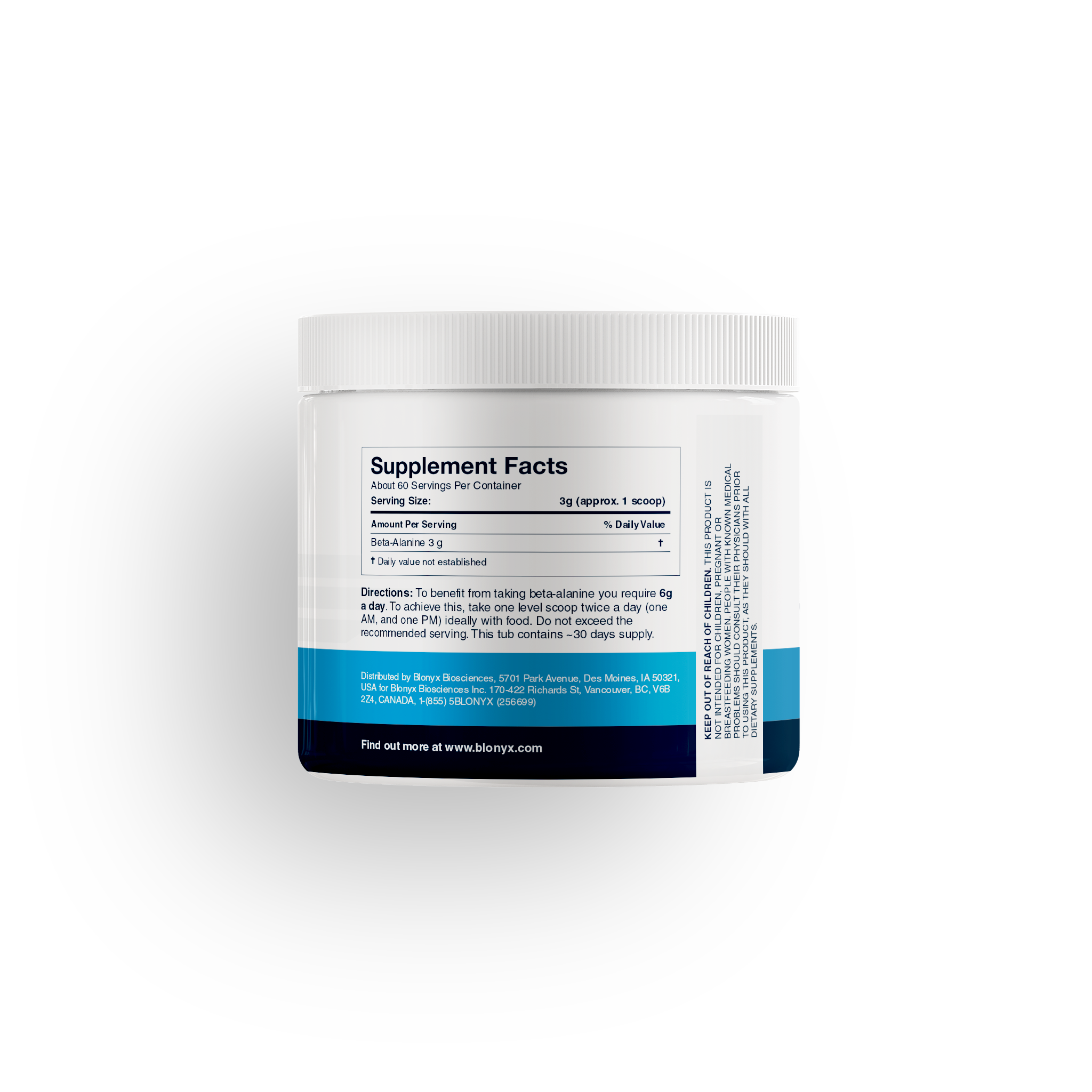Paresthesia and a perception of readiness aside, let’s cut to the chase... does taking a single dose of beta alanine also lead to an improvement in performance?
A 2015 study on single dose beta alanine supplementation in female cyclists tried to answer this question. The cyclists did wingate testing after either a placebo or a single dose of beta alanine. Where those taking the supplement did report a lower perception of exertion, there was no performance improvement compared to the placebo group. These results were replicated in a 2017 study looking at a multi-ingredient pre-workout that included beta alanine. Again the subjects felt better going into the workout, but failed to do better (5).
In comparison, a 2014 study on football players found that taking beta alanine daily for a month significantly increased their wingate test performance (7).
So the answer is: You’ll feel better, but you are unlikely to perform better. The best way to get the most out of beta alanine is to take it daily for an extended period of time.













